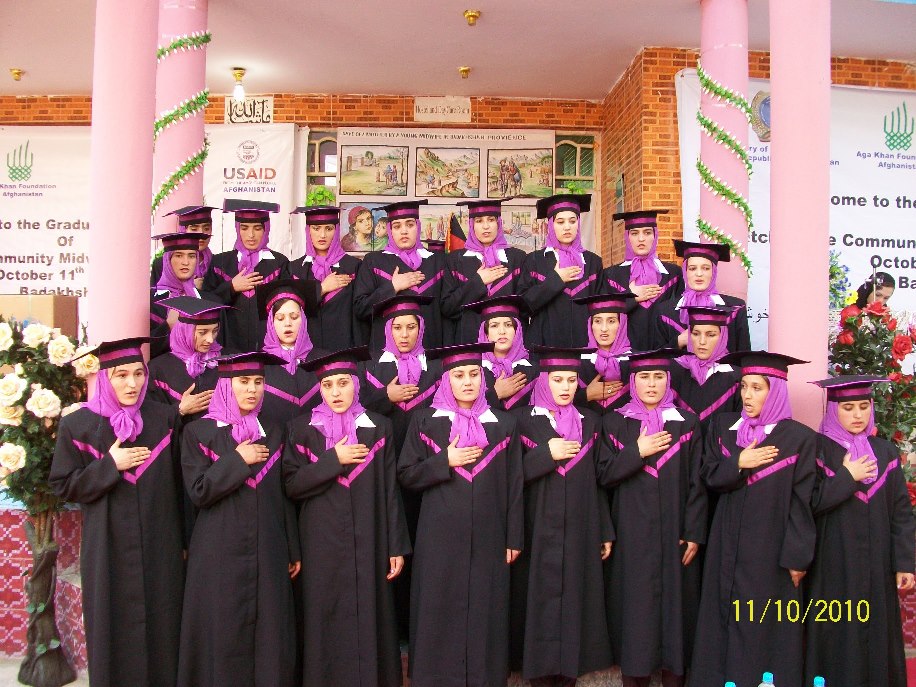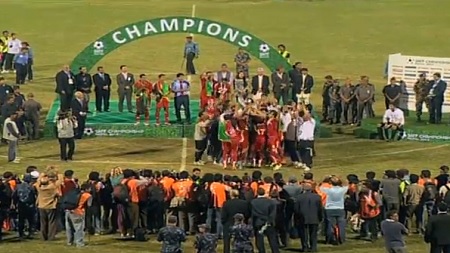By Rajat Madhok
International Day of the Girl Child is 11 October 2013. This year’s Day focuses on innovating for girls’ education. Smart and creative use of technology, policies, partnerships and, most of all, the engagement of young people, themselves, are important for overcoming barriers to girls’ learning and achievement.
Support for girls’ education in one village in western Afghanistan illustrates the enormous changes that have taken place in the country – and the challenges that remain.
HERAT, Afghanistan, 8 October 2013 – When the elders in Sangbast, a village in western Afghanistan close to the Iranian border, noticed that many of the local girls were not going to school, they set out to find a solution. What they came up with was simple, but it brought about a dramatic change: They built a school.
The nearest school was far away – too far for many girls to walk. So the villagers got together and built an all-girls school in the heart of Sangbast. Today nearly all girls from the village attend school.
![UNICEF Image]()
© UNICEF/Afghanistan/2013/Madhok
17-year-old Farzana had to fight for her right to education because her parents didn’t see the point of sending her to school.
Leading the way was a 76-year-old village elder, Hajimir Ahmad, who donated his land to build the school. Hajimir says that he could not educate his daughters, but it’s not too late for his granddaughters.
“Before the school opened, the situation in the village was bad,” Hajimir says. “In my generation, people were illiterate, and illiterate people like me are blind. Our kids now learn many things. Most nights they come home and teach us about different issues.”
Today, all his granddaughters attend school.
A star pupil
So successful was the initiative that shortly after the school was finished, the villagers realized there were too many students and too little space in the existing school. More villagers donated their land, and more classrooms were constructed for the girls of the village.
Today, one of the star pupils at the village school is Farzana Tanha. She fought with her parents for many years before they would let her go to school, as they simply did not see the value in giving her an education. Her father is a day labourer, and her mother is illiterate. It took the intervention of Hajimir and other community elders to convince Farzana’s parents to allow her to attend school.
![UNICEF Image]()
© UNICEF/Afghanistan/2013/Madhok
Seventy-six-year-old village elder Hajimir Ahmad donated his own land to build a school for girls in Sangbast. He says he could not educate his daughters, but it’s not too late for his granddaughters.
“I feel so happy about coming to school,” says the shy 17-year-old. “It’s giving me courage, power and hope for the future. For example, I can do this interview now. Before, I wouldn’t have been able to do it.”
Farzana says she would like to become a doctor one day.
More schools, more students
In the past decade, there has been a dramatic increase in the number of children – especially girls – attending school in Afghanistan. In 2001, less than 1 million children were in school, almost all them boys. Today, more than 8 million children are enrolled in school, with girls’ gross enrolment at 79 per cent. More schools have been constructed, female teachers have been trained, recruited and deployed, and schools have been constructed in a child-friendly way.
Despite these remarkable gains, there are many girls like Farzana in Afghanistan who want to study but cannot – because of the lack of nearby schools, female teachers or something as small as the existence of girls’ toilets in schools.
“We know that many Afghan children, particularly girls, cannot walk long distances to attend school; moreover, there are large numbers of over-aged, out-of-school children,” says Pawan Kucita, Chief of Education for UNICEF Afghanistan. “UNICEF, along with the Government of Afghanistan and other partners, is providing such children with community-based schools, accelerated learning courses or mosque-based schools that are closer to home. Therefore, more children can attend school. Also, there is a push to make schools child-friendly so that more out-of-school children, particularly girls, not only enroll in school, but also stay there until they graduate from high school.”
Back in Sangbast village, the sound of the bell marks the end of the school day, and the students dash out of their classrooms and run towards home. Hajimir and other village elders sit under a nearby tree and return the greetings of the students as they run past. They know that what they have built has changed the fate of many of the daughters of Sangbast village.
Source: UNISEF Org
->>>>><<<<<-
![]()
![]()























































